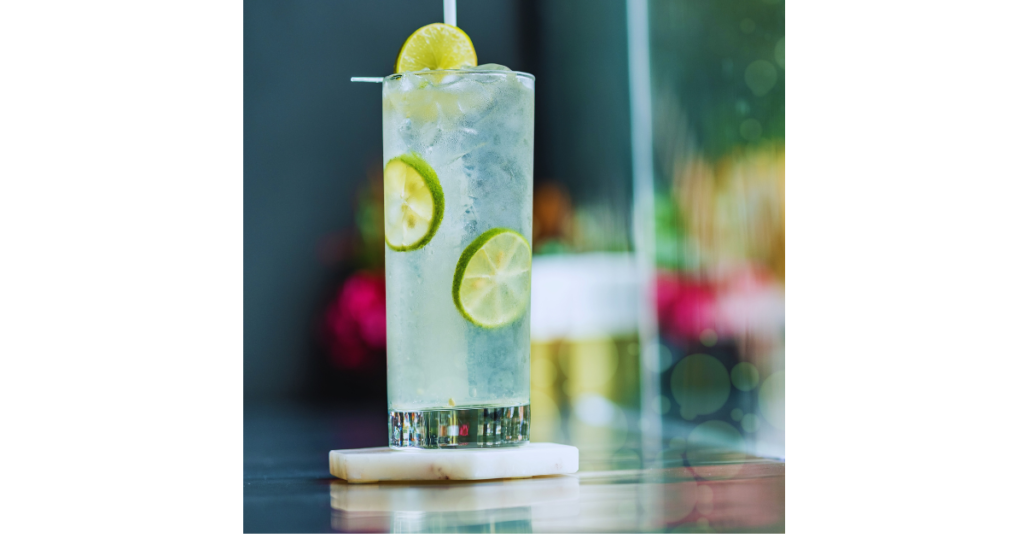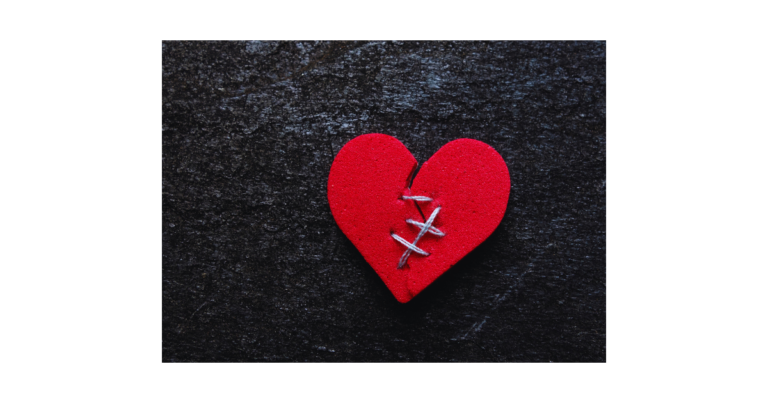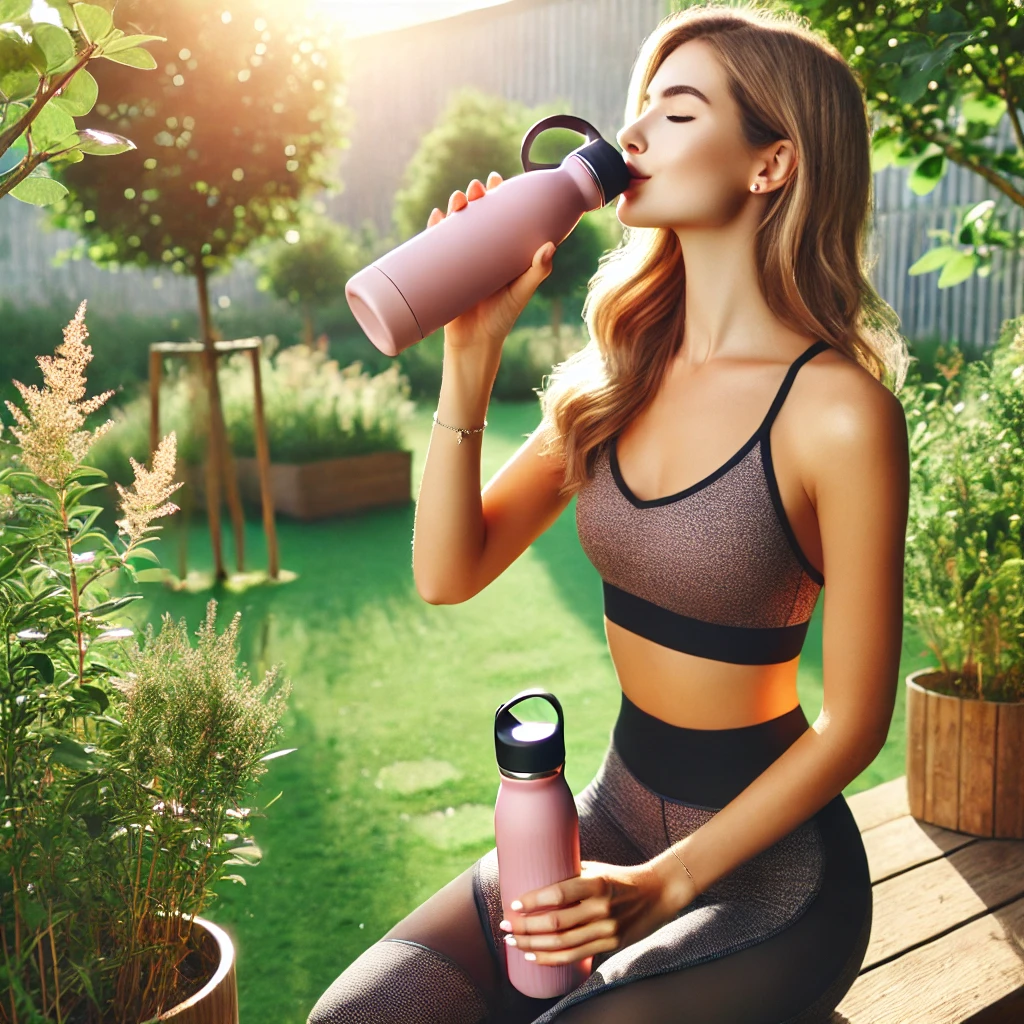
Water is life. Staying hydrated isn’t just about quenching your thirst—it’s essential for your body to function properly, feel energized, and stay healthy. Drinking water is crucial for maintaining bodily functions and overall health. I remember a time when I was hiking on a hot day and forgot to bring enough water. I felt sluggish and lightheaded halfway through, which was a stark reminder of how much our bodies depend on proper hydration. Since then, I’ve made it a priority to always carry a water bottle and keep my fluid intake consistent. Whether you’re working out, playing sports, or simply enjoying a sunny day, hydration should always be on your mind. Let’s dive into everything you need to know about staying hydrated!
Why Your Body Depends on Staying Hydrated
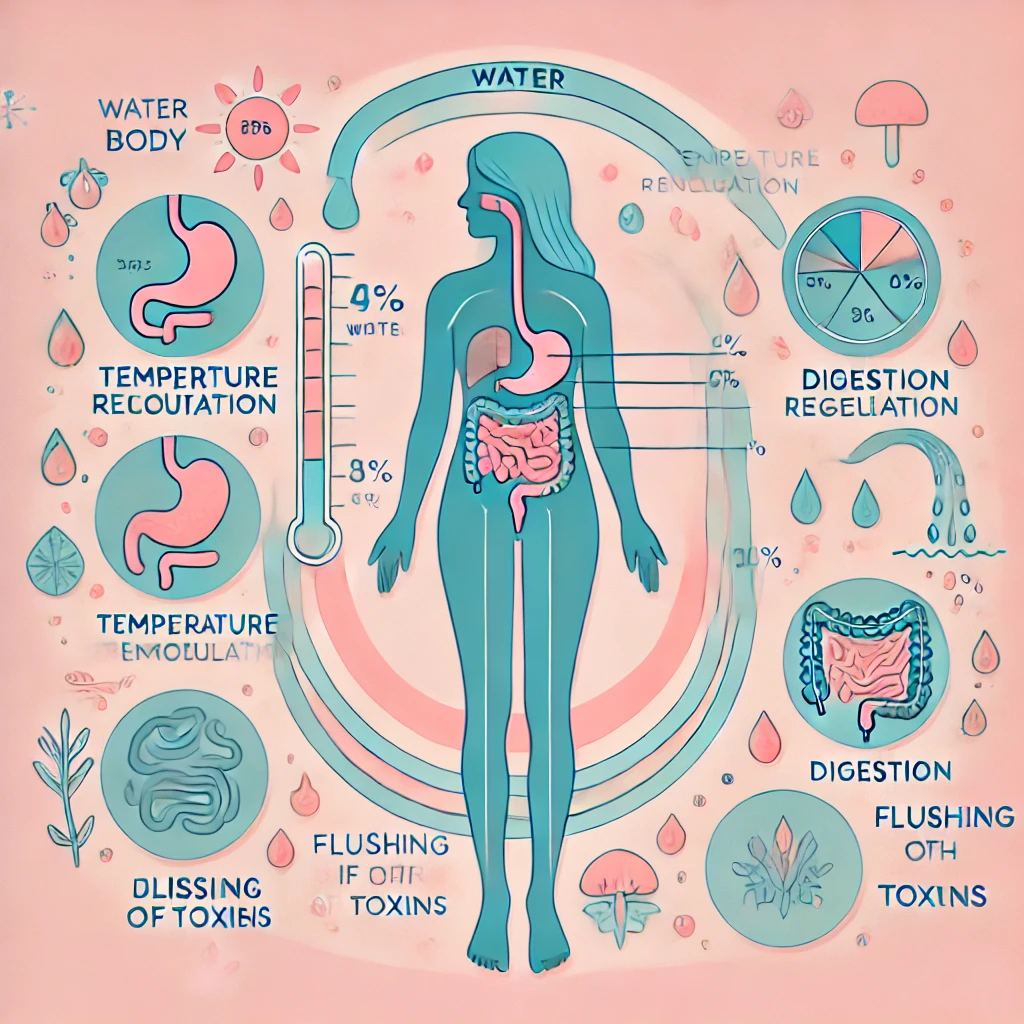
Our bodies are around 60% water, and every cell relies on it to function. Water regulates your body temperature, aids digestion, and flushes out toxins. Without enough fluids, your body can’t perform at its best, leaving you sluggish and uncomfortable.
Staying hydrated is also key to controlling diseases and maintaining good health as you age. For example, older adults are at a greater risk of dehydration, so their fluid intake is especially important.
How Much Daily Fluid Intake Do You Really Need?
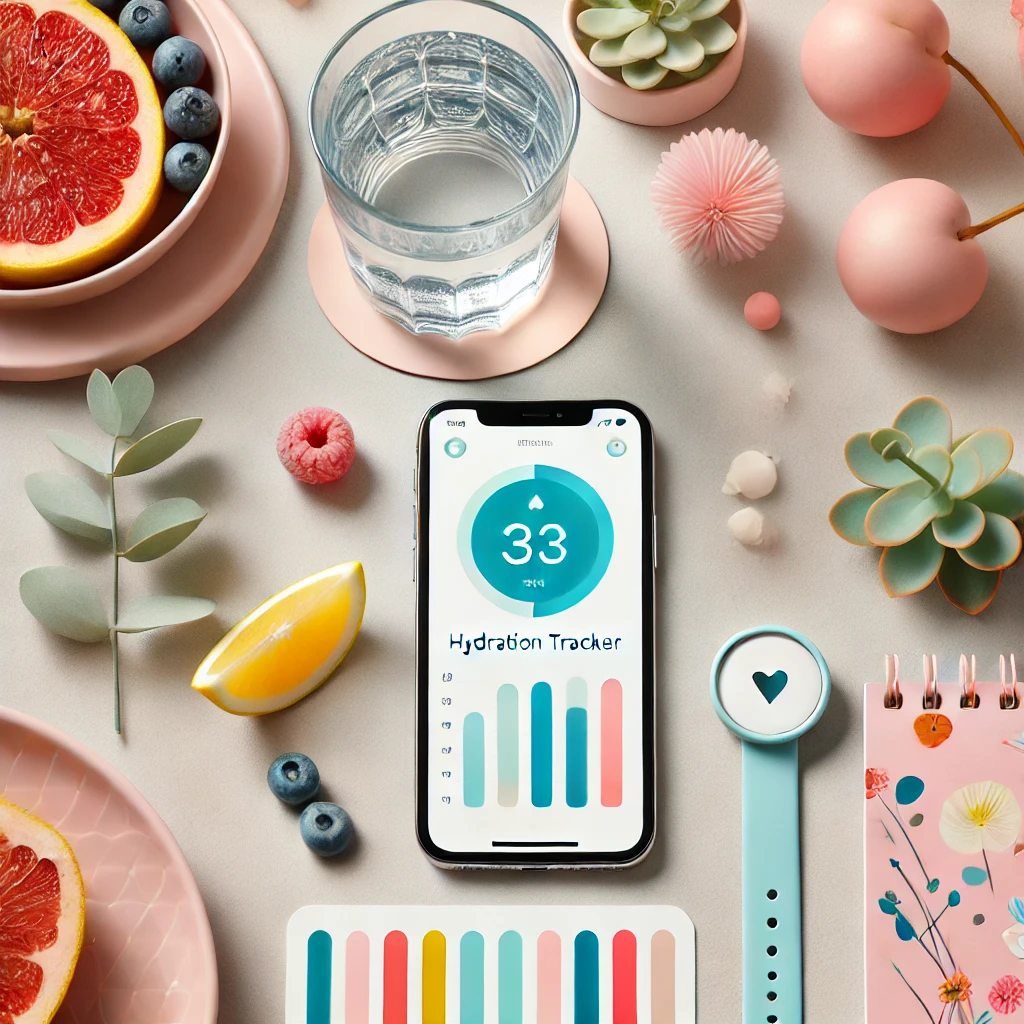
You’ve probably heard the “eight glasses a day” rule. While it’s a good starting point, the truth is your water needs vary based on your body weight, activity level, and even the weather, determining how much fluid you require. For example, if you’re exercising on a hot day, you’ll sweat more and need to drink more fluid to stay hydrated. On a cooler day with minimal activity, your water needs might be lower. Here’s a general guide:
- Healthy adults: 8-10 glasses daily.
- Hot weather or intense exercise: More fluids to replace what you lose through sweat.
- Special groups: Breastfeeding women or those with health conditions may need more.
Listening to your body is key. If you feel thirsty or notice light yellow urine, it’s time to drink up!
Recognizing the Signs of Dehydration
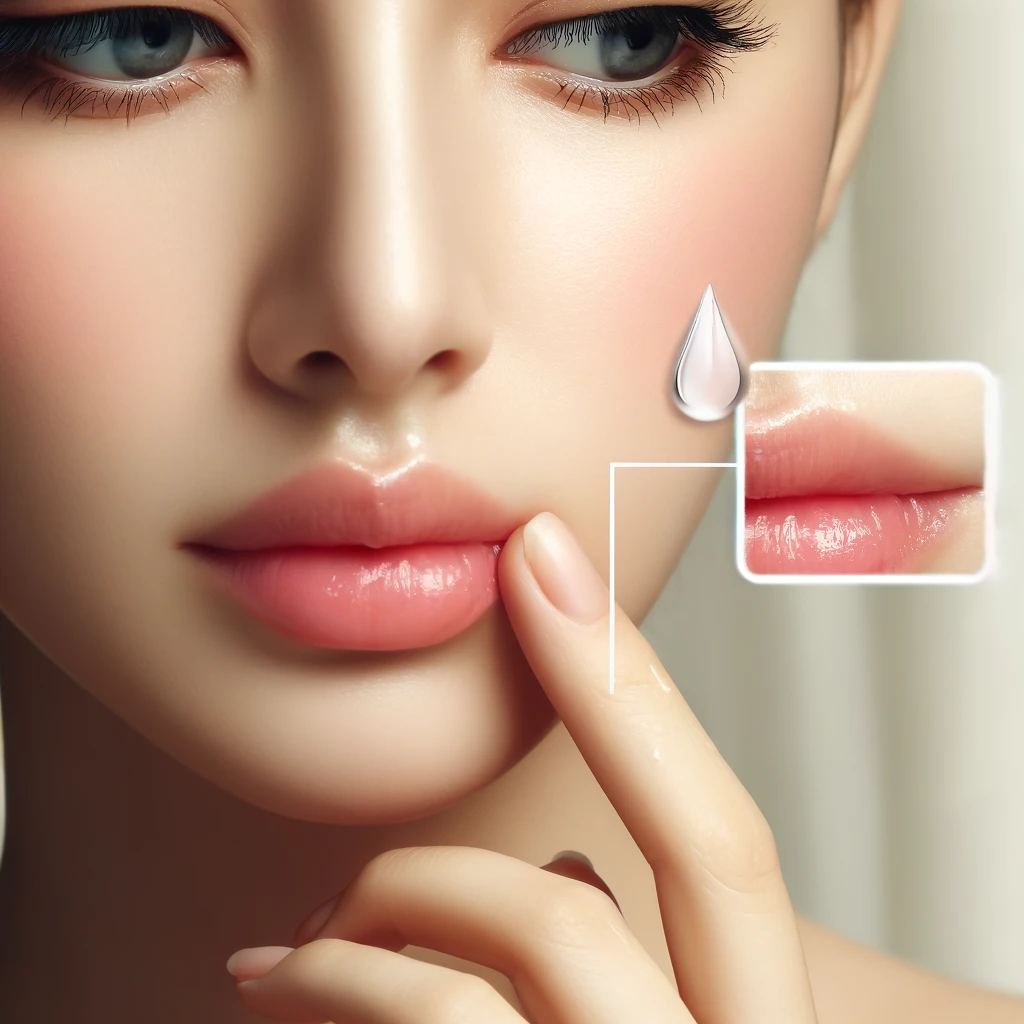
Dehydration doesn’t always come with a warning sign. Busy lifestyles and lack of awareness often lead people to overlook the symptoms. Here are some to watch for:
- Thirst or dry mouth.
- Fatigue or dizziness.
- Light yellow urine (dark urine means you need more water).
For older adults and children, dehydration can become serious quickly. In very hot weather or during intense activity, it can even be life-threatening. However, drinking too much fluid can also pose health risks, such as nausea and confusion, highlighting the importance of maintaining proper hydration levels.
Best Ways to Stay Hydrated Throughout the Day
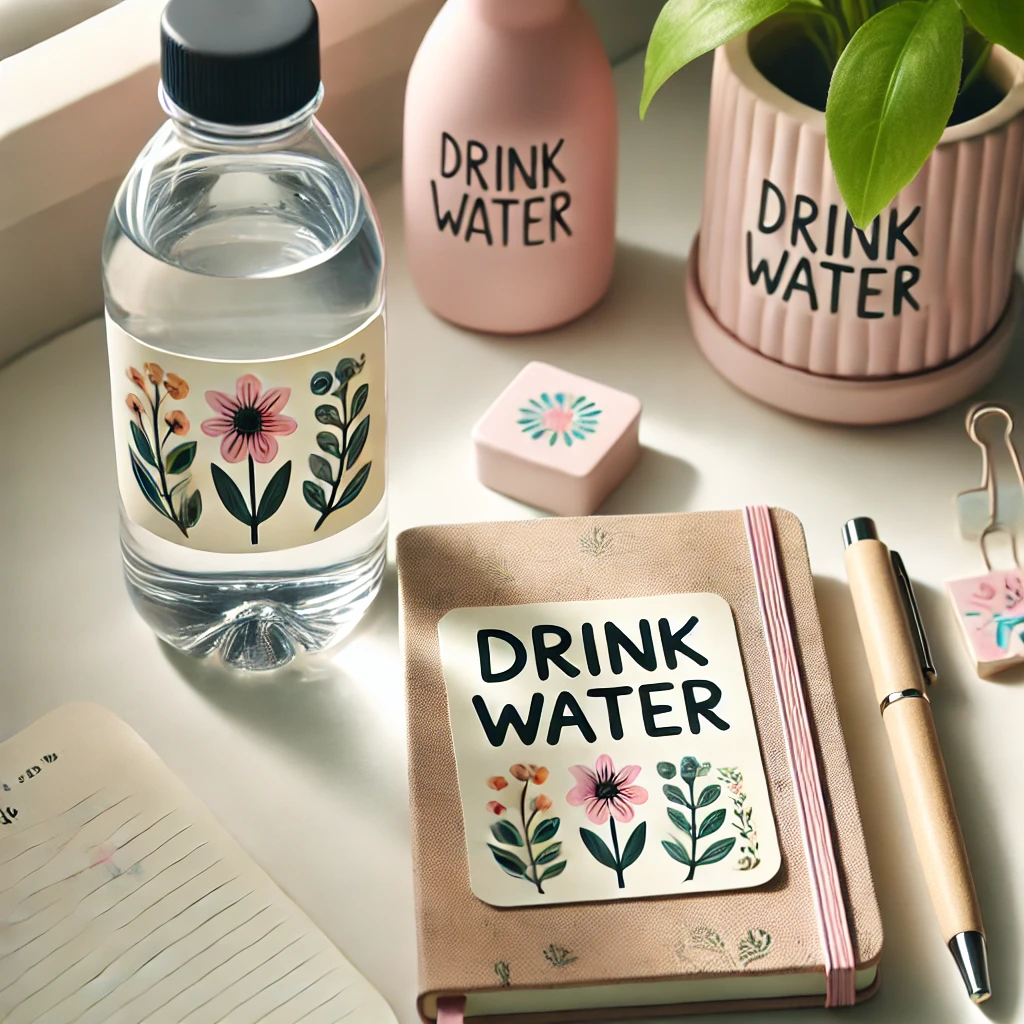
- Drink plain water: It’s the easiest and healthiest choice.
- Carry a reusable water bottle: It helps you keep track of your water intake.
- Add variety: Herbal teas, sugar-free drinks, and even water infused with fruits can make hydration fun.
- Set reminders: Use apps or alarms to remember to drink water throughout the day.
Choosing the Right Beverages
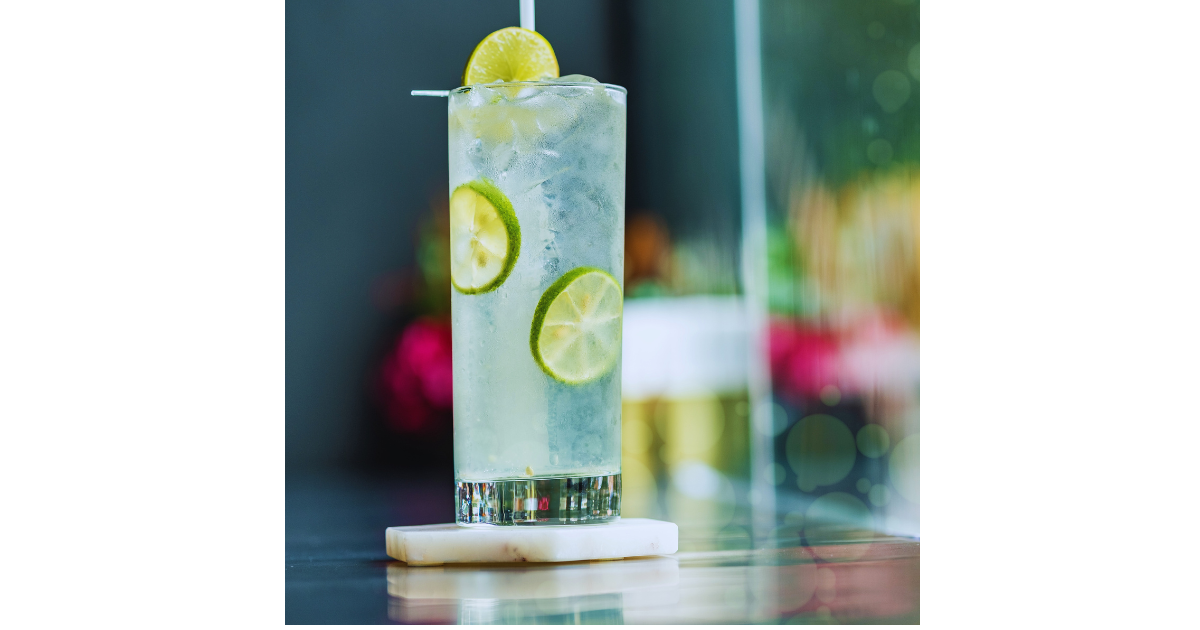
When it comes to staying hydrated, not all beverages are created equal. While water is the best choice for hydration, there are other options that can contribute to your daily fluid intake. Here’s a guide to help you choose the right beverages:
- Water: The gold standard for hydration. It’s calorie-free, readily available, and essential for maintaining your body’s fluid balance. Carrying a reusable water bottle can help you drink water regularly throughout the day.
- Herbal Teas: These are a great alternative to plain water. They are hydrating, come in various flavors, and can be enjoyed hot or cold. Just make sure they are caffeine-free to avoid any diuretic effects.
- Fruit Juice: While fruit juice can be hydrating, it’s important to choose 100% fruit juice without added sugars. Diluting fruit juice with water can also help reduce sugar intake while still providing hydration.
- Sports Drinks: These can be beneficial during long or intense exercise sessions as they help replenish electrolytes lost through sweat. However, they often contain added sugars, so they should be consumed in moderation.
- Milk: Both dairy and plant-based milks can contribute to your fluid intake. They also provide essential nutrients like calcium and vitamin D.
- Avoid Sugary Drinks and Energy Drinks: Beverages like soda, energy drinks, and sweetened teas can contribute to dehydration due to their high sugar content. They can also lead to a spike in energy followed by a crash, which is not ideal for maintaining steady hydration levels.
By choosing the right beverages, you can ensure that your daily fluid intake supports your overall health and helps you stay hydrated throughout the day.
Foods That Help You Hydrate
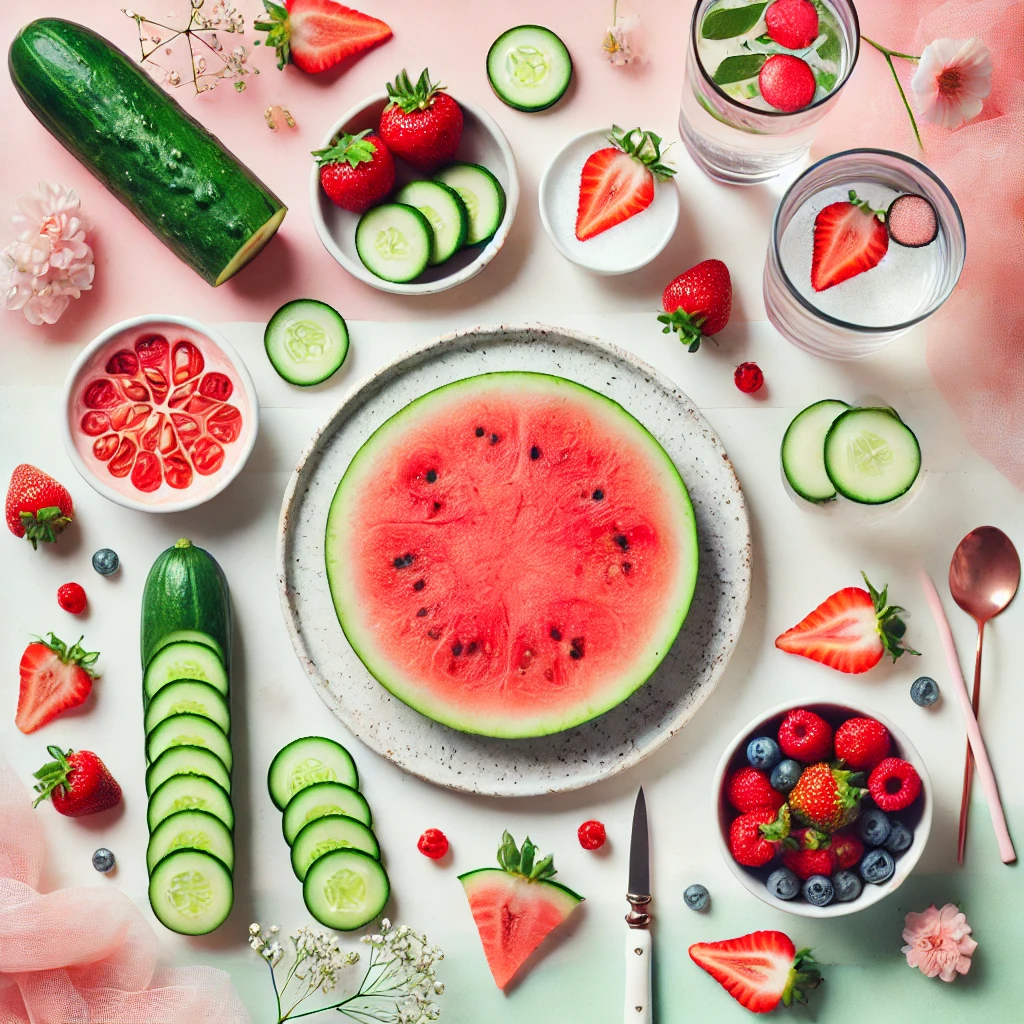
Did you know that some foods are packed with water? Fresh fruits and vegetables are hydration superstars. For instance, try a refreshing watermelon and mint salad, or snack on cucumber sticks with hummus. These easy recipes not only keep you hydrated but are also full of flavor and nutrients. For example:
- Watermelon and cucumbers: Over 90% water!
- Oranges and strawberries: Hydrating and full of vitamins.
Even fruit juice can be helpful, but watch out for added sugar. Pairing water-rich foods with your drinks makes it easier to hit your hydration goals.
Hydration Tips for Intense Exercise
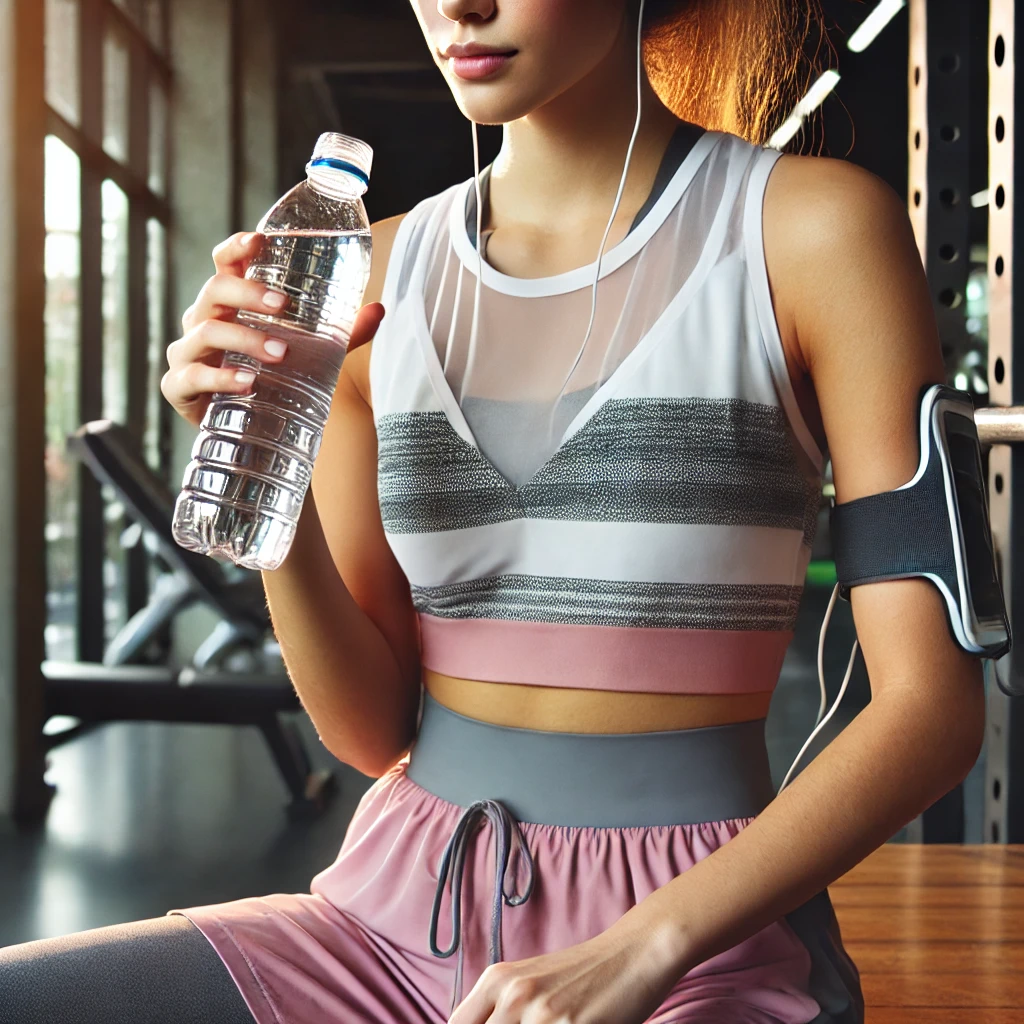
- Hot weather: Increase your fluid intake to combat heat and sweat.
- Intense exercise: Drink sports drinks during long or intense workouts to replenish lost electrolytes.
- Air conditioning: It’s easy to lose water in cool, dry environments, so sip regularly even if you don’t feel thirsty.
Health Benefits of Staying Hydrated

When you stay hydrated, your body thanks you in many ways: From sharper focus during your workday to better stamina during physical activities, the difference is clear. When dehydrated, you might feel sluggish, tired, and unable to concentrate. Staying hydrated keeps your energy levels steady and helps you perform your best, whether at work, home, or the gym.

